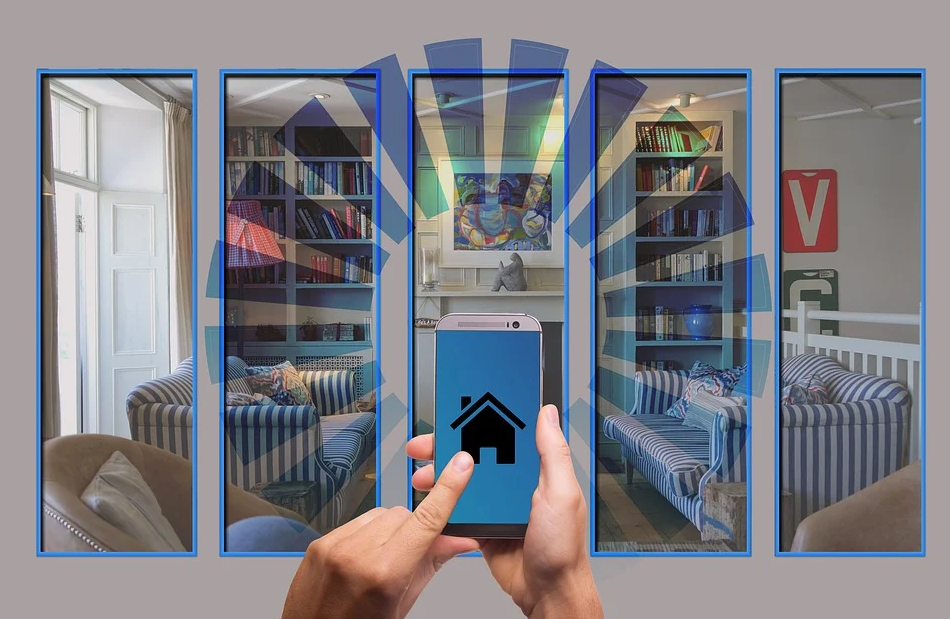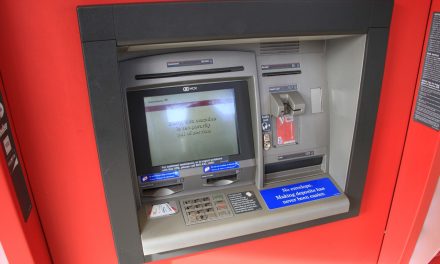New York, US – Market Overview:
According to a comprehensive research report by Market Research Future (MRFR), “Blockchain in Smart Home Market” information by Blockchain Type, by Components, by Application and Region – Forecast to 2027” market size to reach USD 2,045.4 million, growing at a compound annual growth rate of 41.2% by 2027.
Market Scope:
The global blockchain in smart homes market is garnering significant traction. Blockchain technology has tremendous potential in facilitating large-scale smart home applications. The technology enables a single access point for almost every home application, from providing digital keys and IoT-enable doors to smart entertainment systems for homeowners.
Dominant Key Players on Blockchain in Smart Home Market Covered are:
- OSIZ Technologies private ltd
- Telstra
- Comcast
- Blockchain App Factory (S A Eonsofttech Pvt Ltd.)
- Teksun
- SoluLab
- TokyoTechie
- Mobiloitte
- Tata Consultancy Services Limited
- Xage Security Inc.
- Protokol BV Aciana Health Systems
Market USP Exclusively Encompassed:
Market Drivers
IoT is an important aspect of smart home automation facilities. However, the limited processing power and storage capacity of existing smart systems give rise to security vulnerabilities. Blockchain assures better security for IoT systems used in the smart home ecosystem with its decentralized nature. Undoubtedly this innovation is providing excellent convenience and smart services to homeowners.
Increasing developments of smart home apps emanating an effective dashboard visualizing damage Id, total damage, and status of smart home systems boost the market size. Blockchain Solutions are increasingly used to overcome smart home difficulties to prevent physical trust, decentralized security options, smart contract usages, and solve security-related issues without manipulating data.
Also, sensitive information such as voice recognition, biometrics, and facial recognition stored on the blockchain cannot be modified once the data is uploaded, while it is available for authorized persons to access it from anywhere. Blockchain-enabled smart home solutions enhance the performance of smart homes promptly. They provide impeccable access to smart devices and immutable, high security to allow homeowners to control and track hazards.
Meanwhile, governments worldwide conduct their initiative to streamline the adoption of connected devices across the board. Most countries are now working to integrate smart home technologies into old-age homes and the daily life of the elderly population, making them easier and more independent. Blockchain improves the smart homes adopters’ experience on a global scale.
Most industry players are working to enhance smart home security and patent blockchain usage for secure smart home management. Blockchain allows homeowners to configure specific parameters for devices and run transactions on a secure network through encrypted private keys.
These solutions will reportedly store configuration info and changelogs in a permanent, immutable blockchain database. Also, companies around the world are expected to continue exploring the domain, finding new applications, and uncovering new business cases to boost security.
Segmentation of Market Covered in the Research:
The blockchain in smart home market is segmented into components, blockchain types, applications, and regions. Of these, based on components, the blockchain in smart home market is segmented into hardware, software, and services. Based on blockchain types, the market is segmented into public, private, consortium, hybrid, and others. Based on application, the blockchain in smart home market is segmented into home security, home automation, home entertainment, healthcare, and others. Further, the region segment is segmented into the Asia Pacific, Americas, MEA, Europe, and rest-of-the-world.
Regional Analysis
North America is the biggest market for blockchain in smart homes. The region is a hub for various technologies, which alongside large technological advances in communication and smart home solutions, impact the market growth positively. Besides, factors such as increasing investments and continuous initiatives in developing ledger technology drive the market revenues.
The large presence of smart home technology providers offering robust automation technologies & services and well-established development centers in the region influences the market value. Moreover, the faster adoption of innovative smart home solutions in the United States and Canada escalates the region’s market shares. Also, the early adoption of cloud-based deployment services propels blockchain in smart home market demand.
Competitive Landscape
The blockchain in smart homes market would witness various strategic approaches, such as collaboration, expansion, mergers & acquisitions, and advanced technologies integration. Major industry players make strategic investments in driving research and development activities and fostering their expansion plans.
For instance, recently, on Nov. 27, 2021, Kingspin Technology Services (UAE), a blockchain startup, announced the launch of its new office in the smart city, Kochi, to expand its operations in India as an offshore delivery center toincrease blockchain development team. The firm also plans to focus on other digital transformation technologies such as data science and IoT.
This Angel-funded startup also plans to launch a branch in Wyoming, US, to experience the Silicon Valley technology upgrades and streamline the journey forward in the current digital decade, embracing the latest technology advancements.
Industry Trends
The commercialization of 5G and rapid advances in convergence solutions and hardware development push the market growth, making smart home network configuration more efficient and systematic. Smart home systems are part of the home-based communication system between devices and other environments without human intervention.
They send and receive data in real-time and provide automated and intelligent services for various home appliances such as TVs, lights, and refrigerators. Safe IoT and network environment are important for these smart homes composed of embedded computers, various IoT and connected devices based on the Internet. Therefore, smart home gateway networks with centralized structures should be configured efficiently and securely.
As data in the blockchain is exchanged in a decentralized and encrypted form, it supports security requirements of confidentiality, integrity, and authentication in the smart home gateway. Also, communication is shifting from wired to wireless, which, alongside the advances in communication technologies, defines the growing market landscape.
Source: Market Research Future





